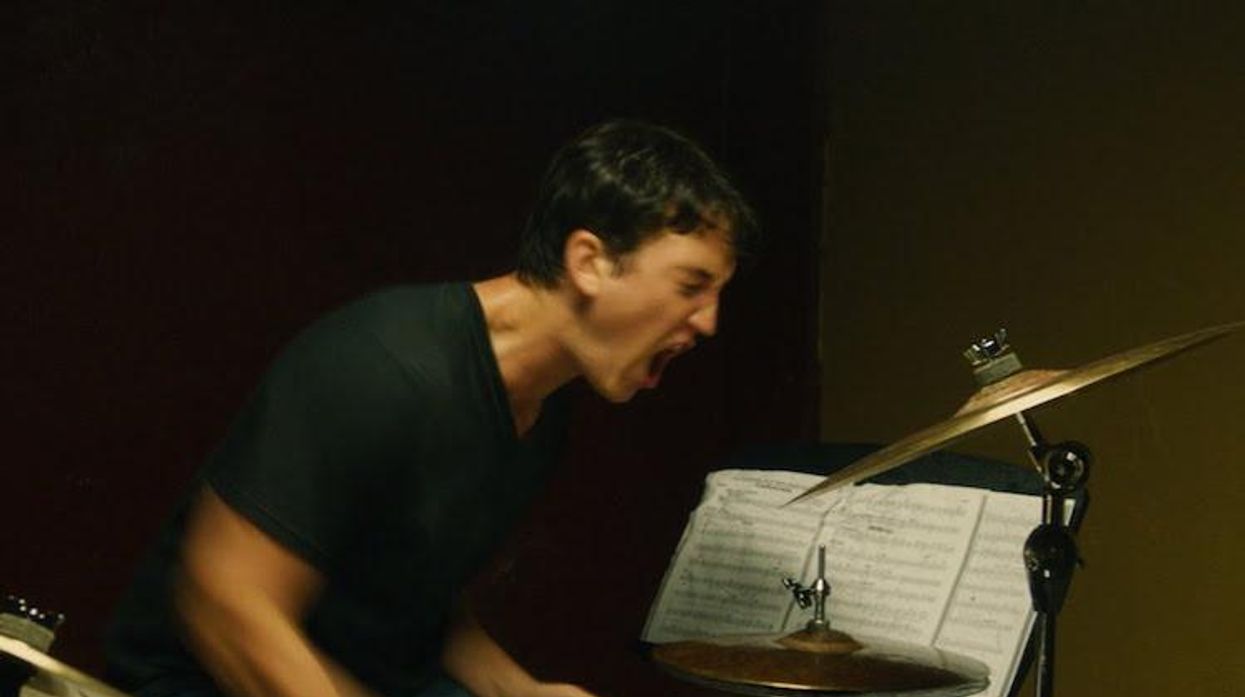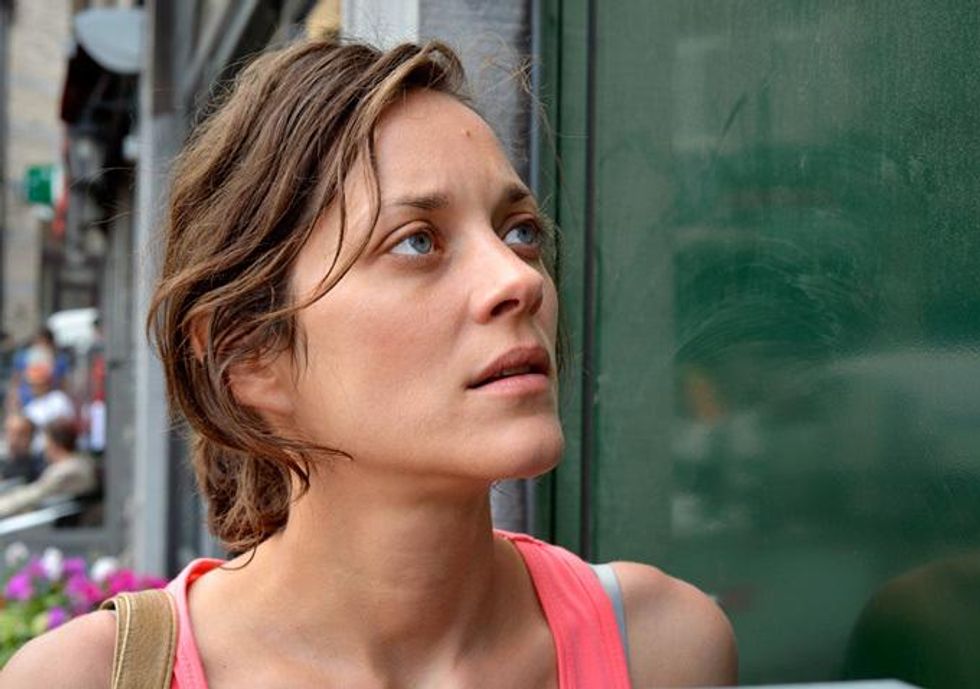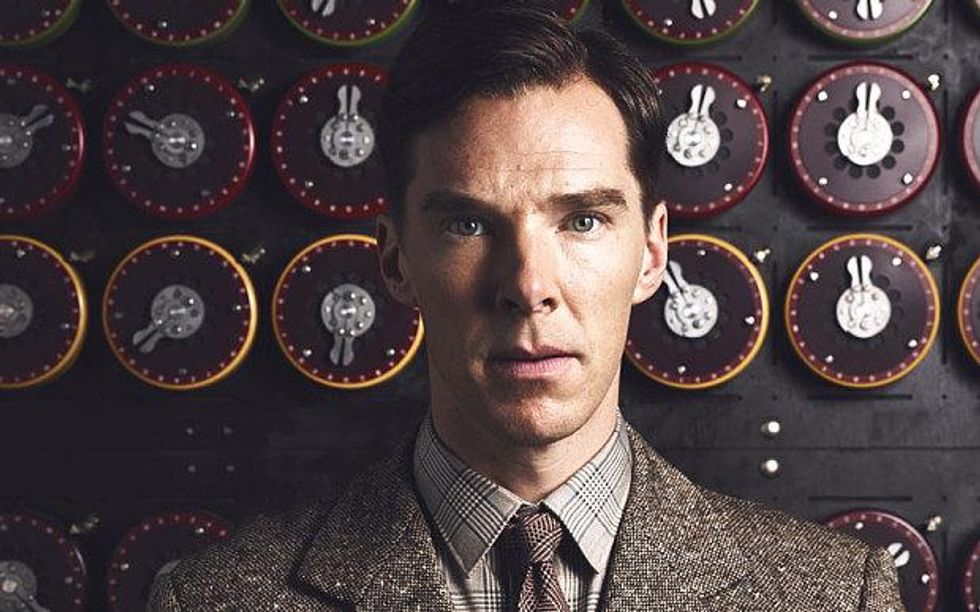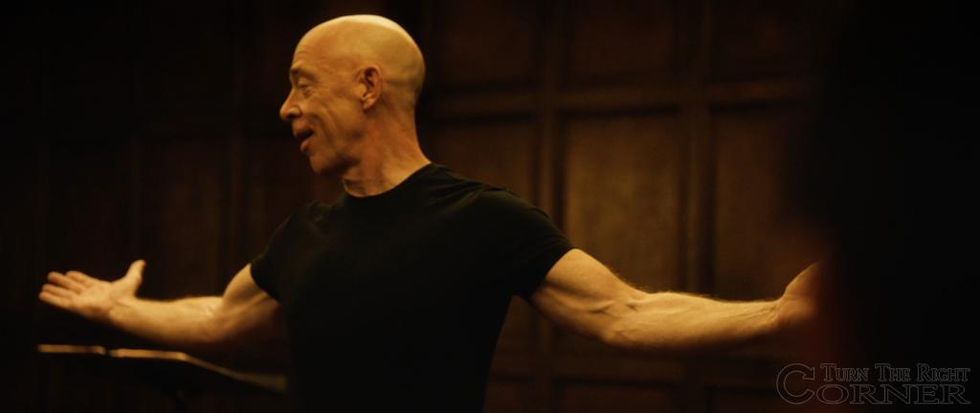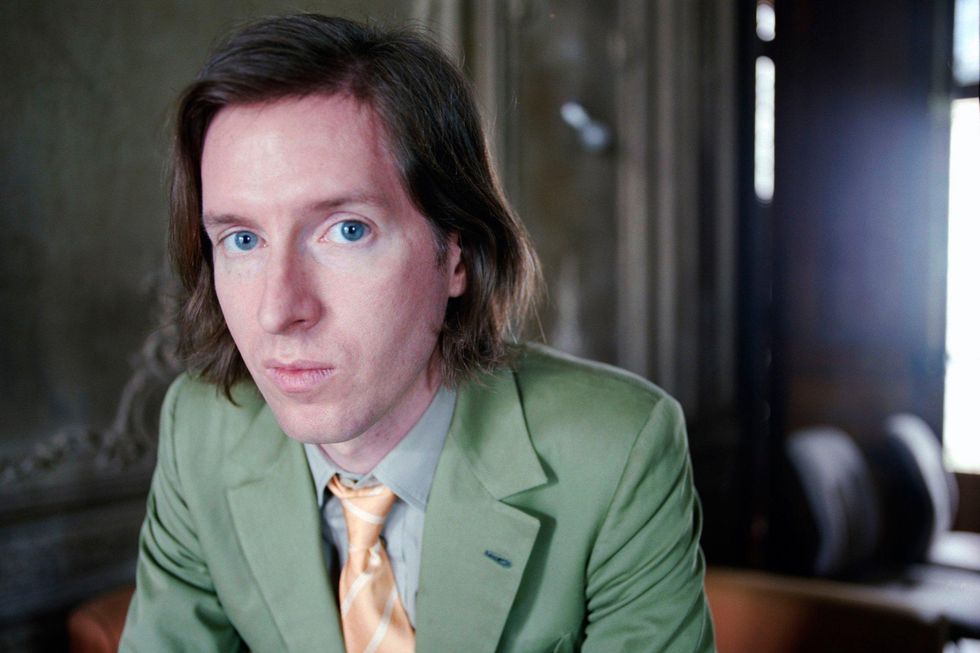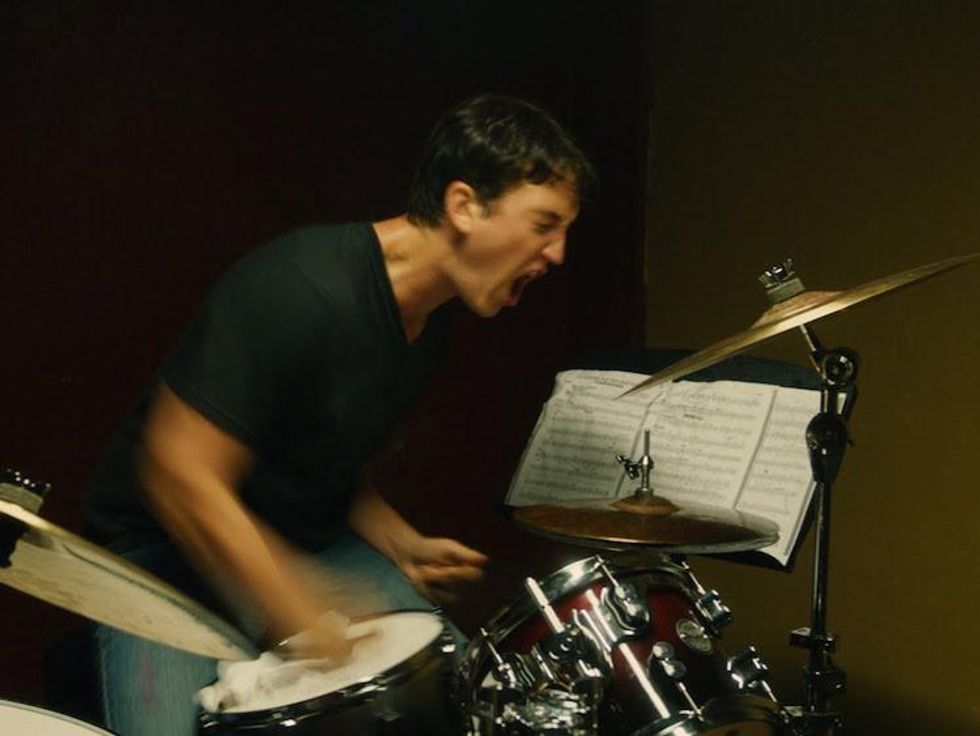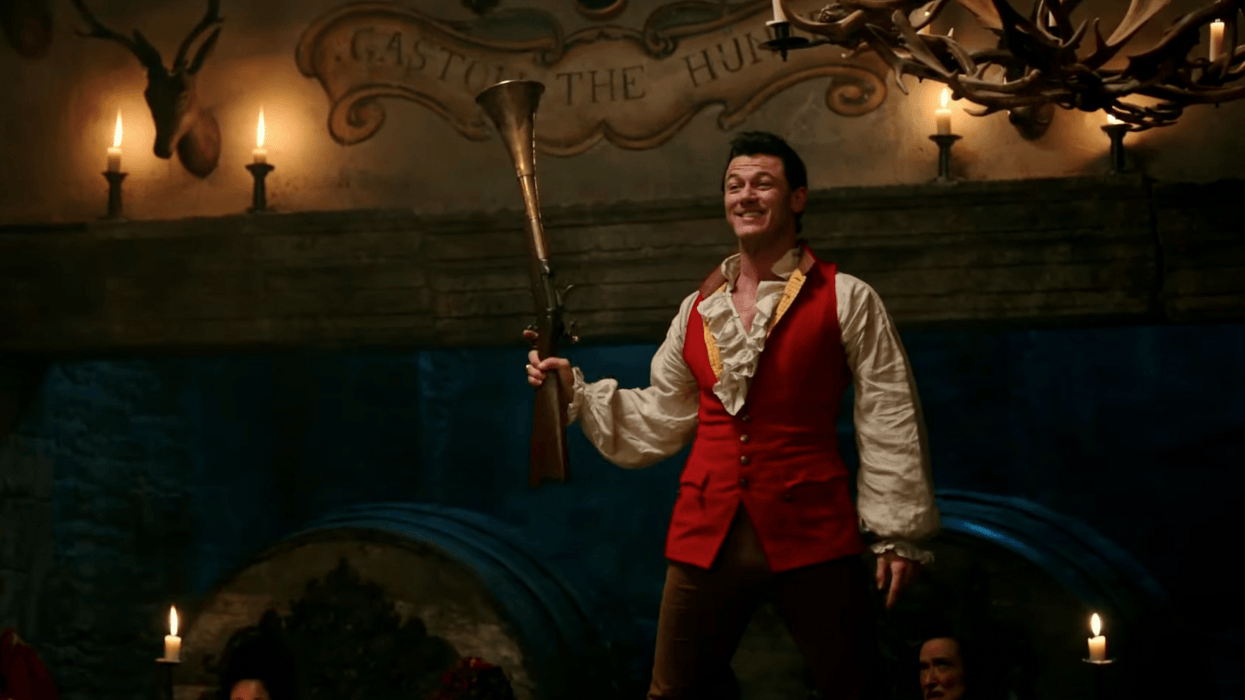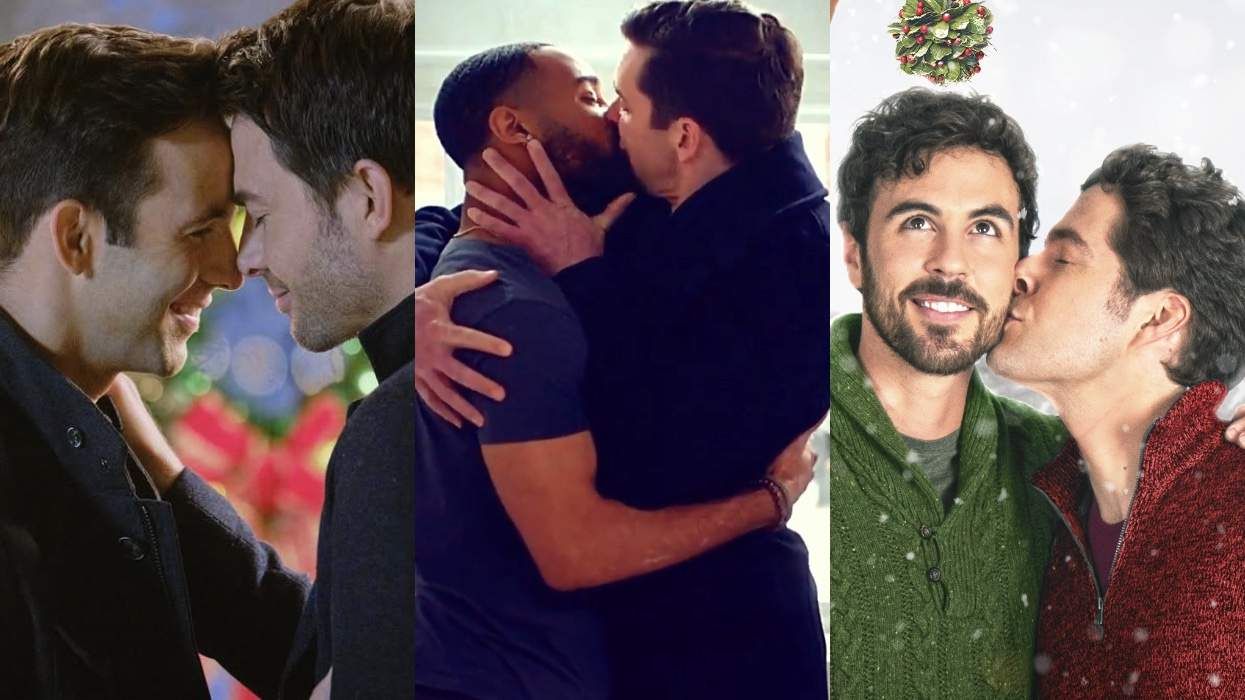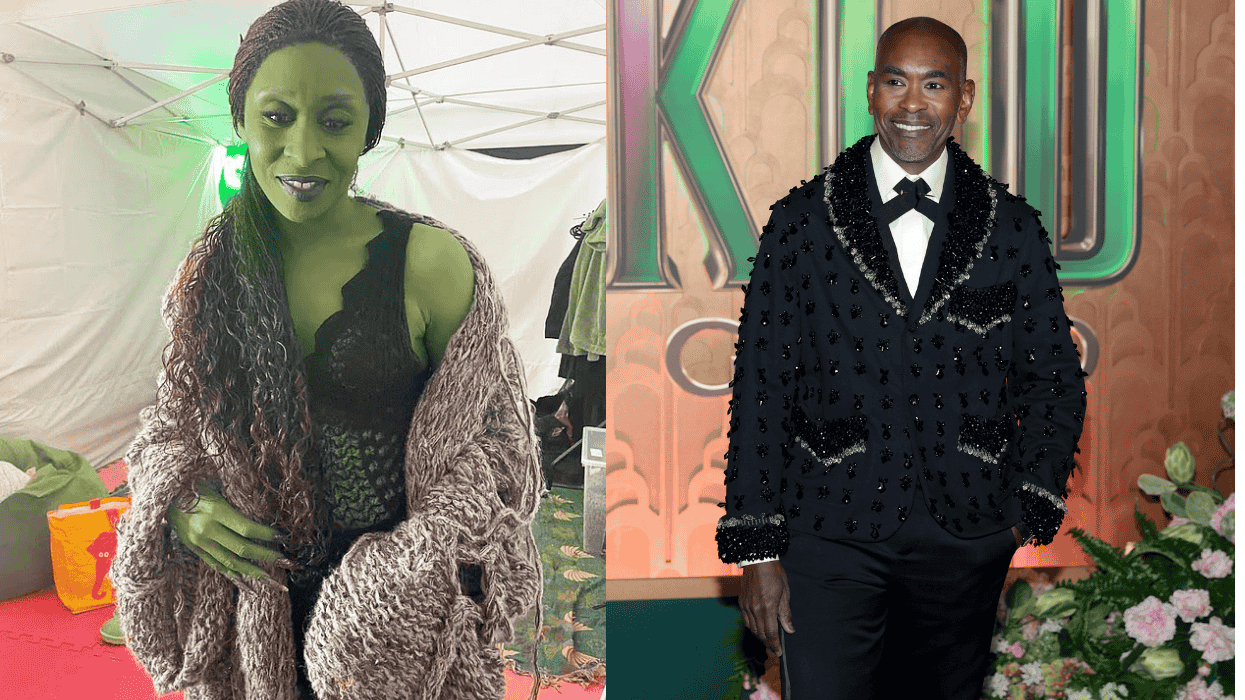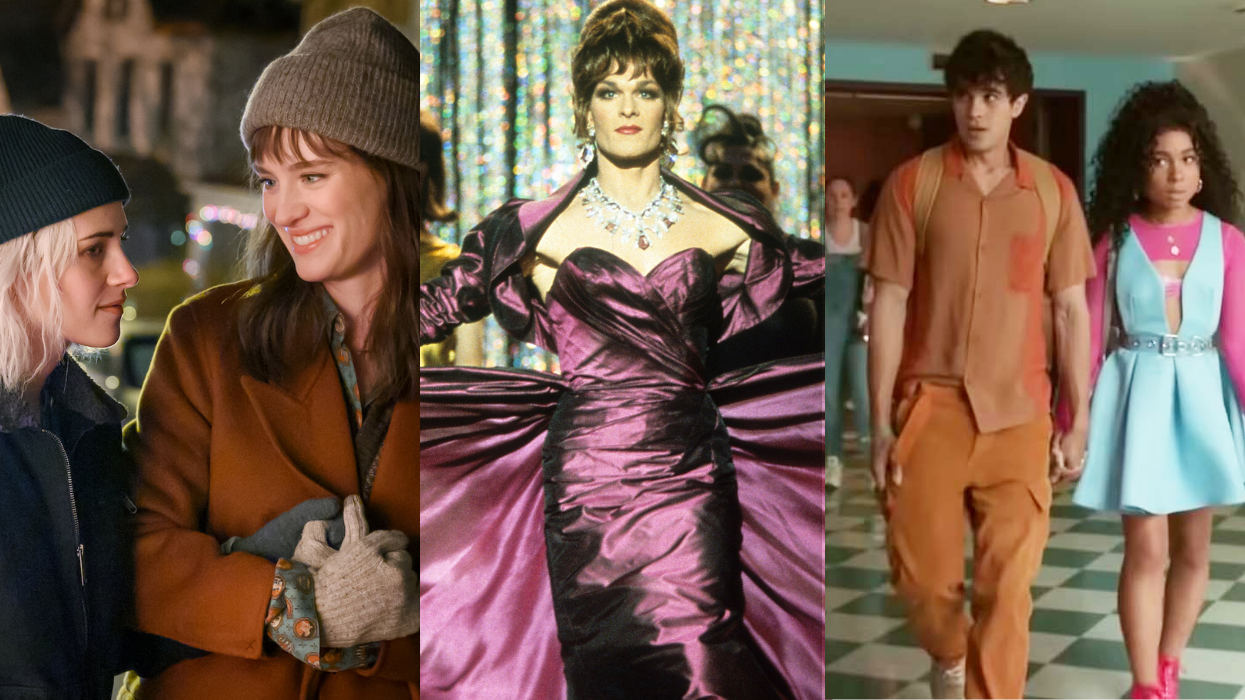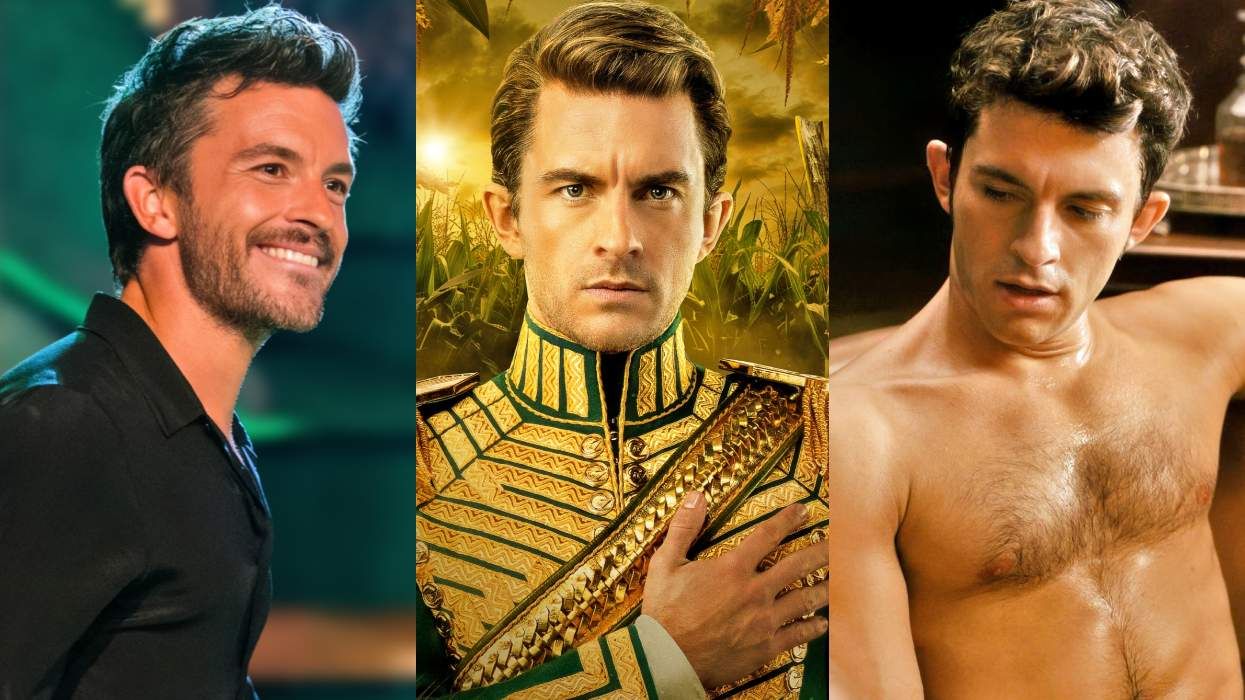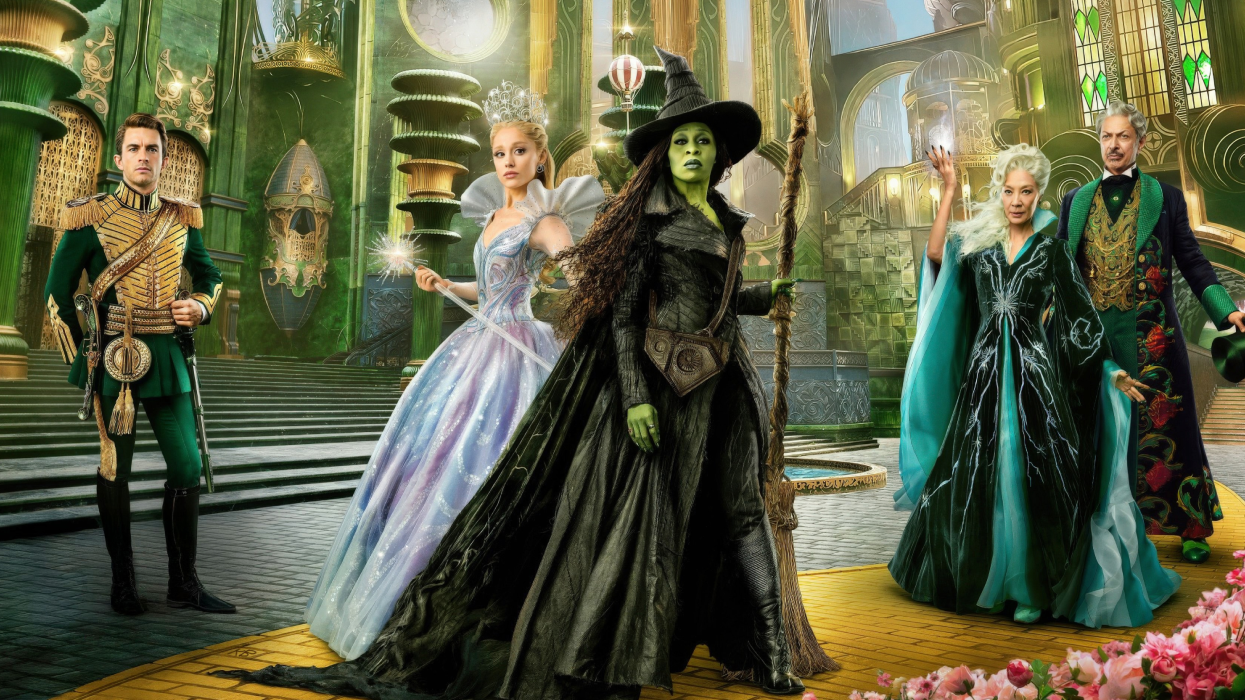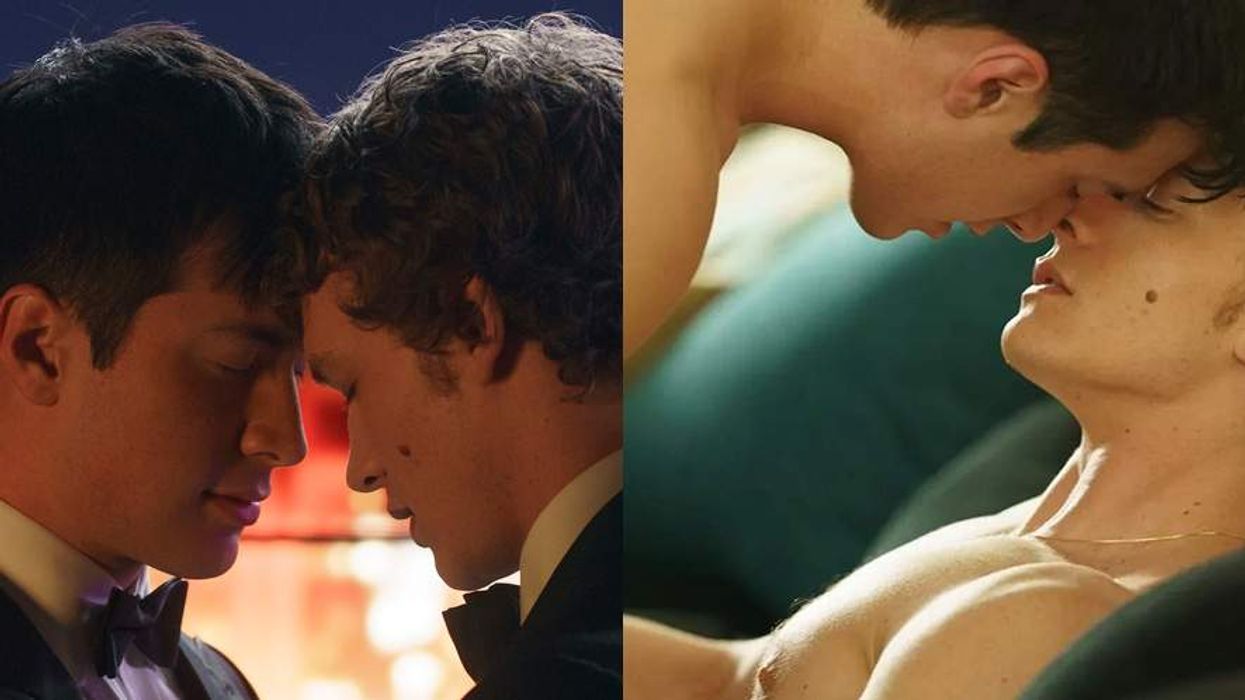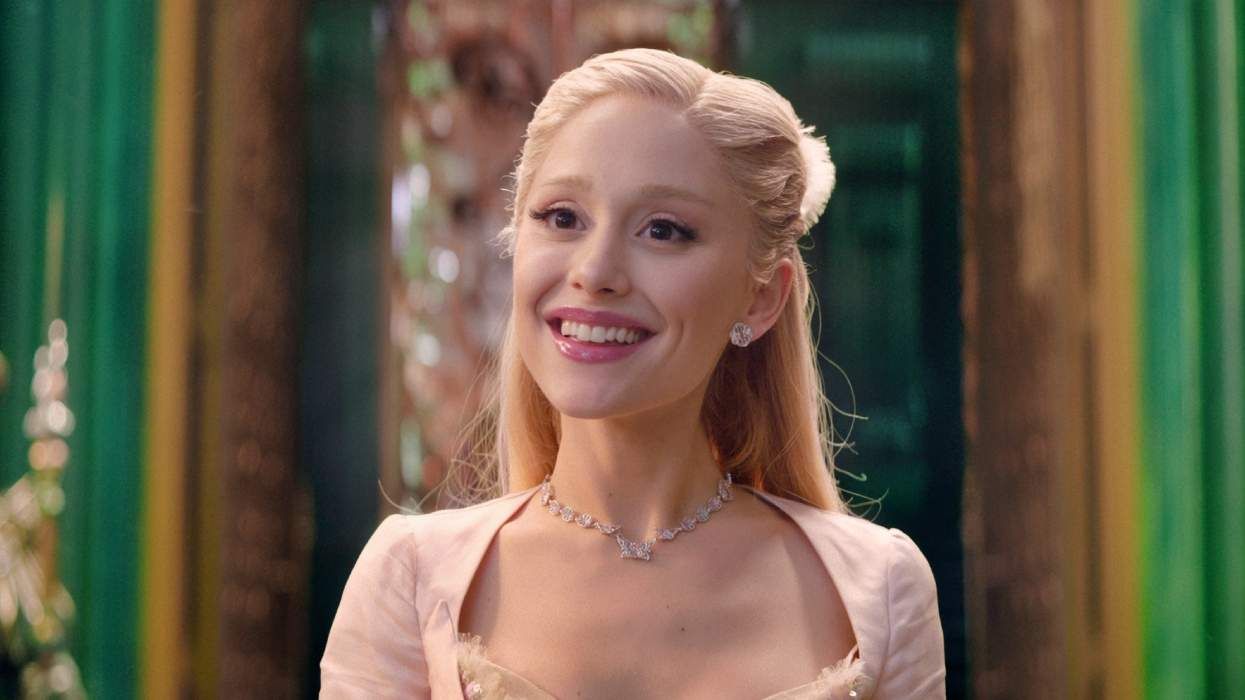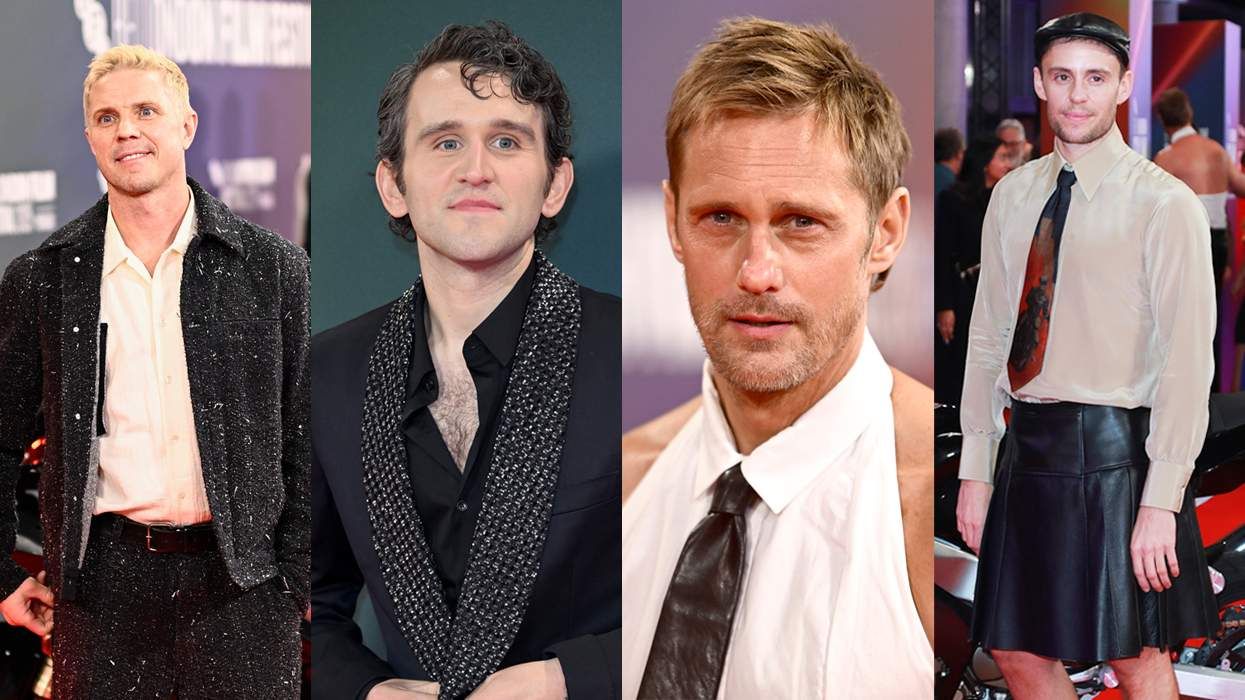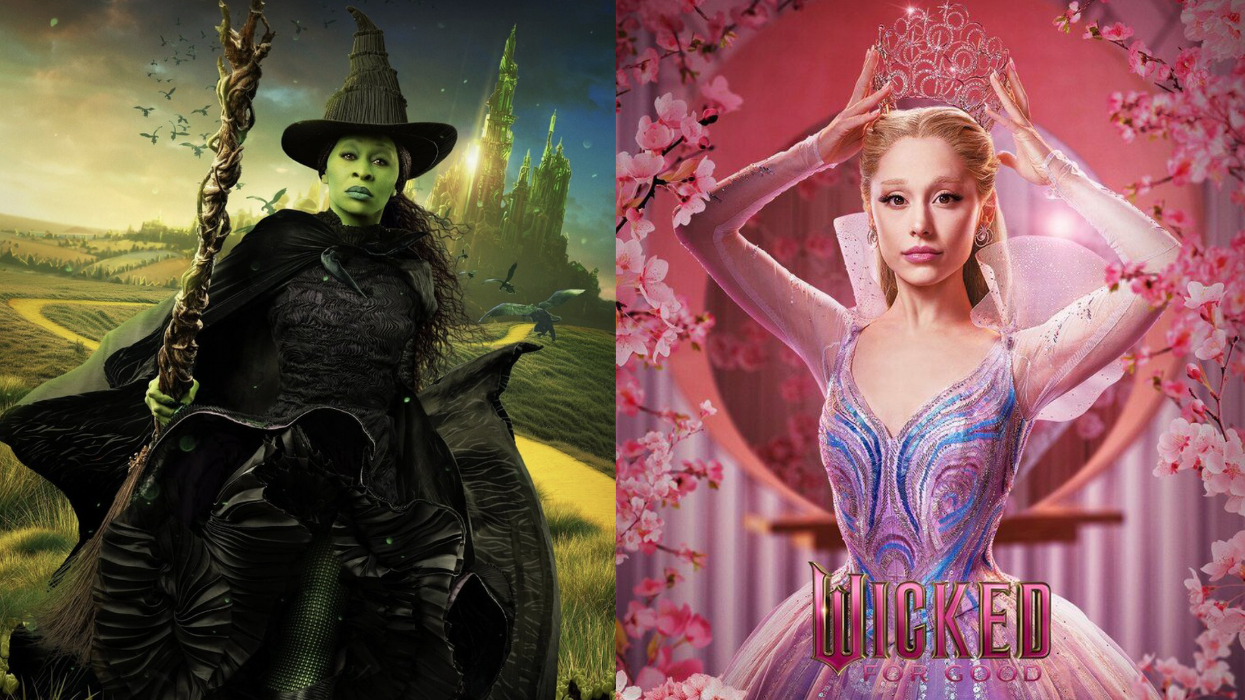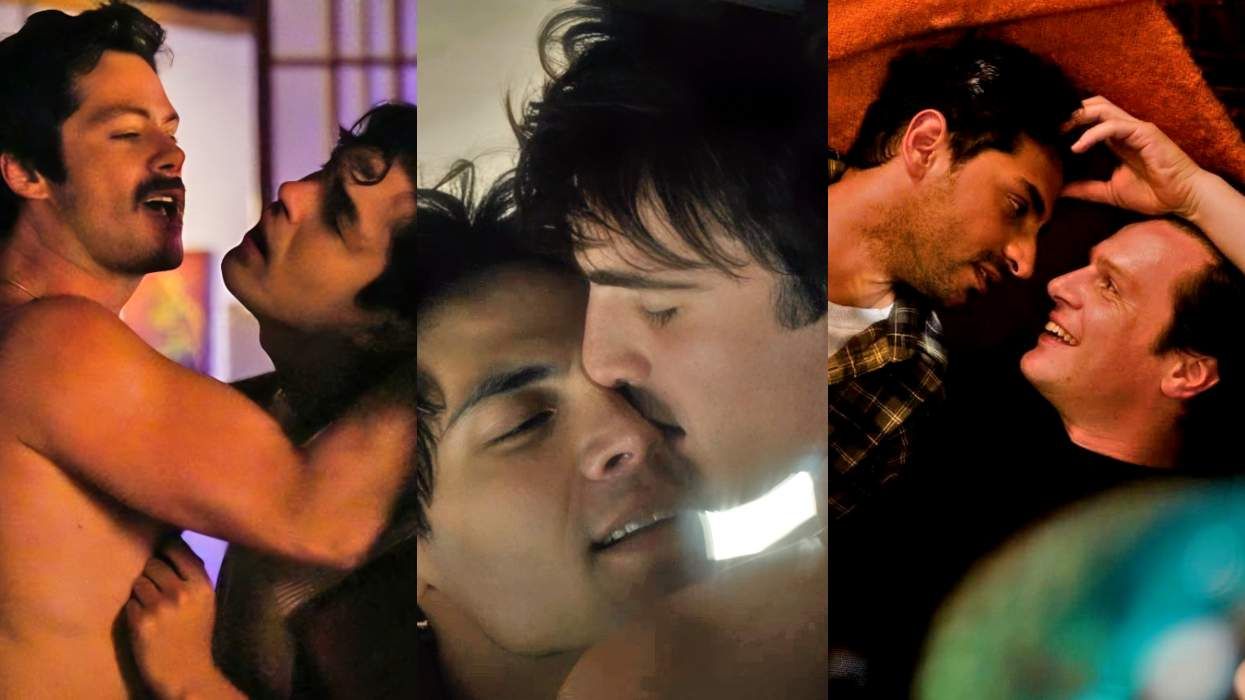BEST ACTRESS
Even the most casual Oscar watcher will tell you that this prize is Julianne Moore's to lose. The masterful redhead's performance in Still Alice--a melodrama that sees her character battle early-onset Alzheimer's--may not be her best, but virtually everyone sees this inevitable accolade as a career-achievement kudo. No disrespect to Ms. Amber Waves's oeuvre, but if we're actually ranking the five nominated performances in front of us, Moore falls a little short. She's certainly more deserving than first-time nominee Felicity Jones, who's solid, but mostly serviceable as The Theory of Everything's Little Wife; and she slightly edges out Reese Witherspoon, despite our opinion that the plucky past winner is at her best in the outdoorsy Wild. But she's not quite as compelling as Gone Girl's Rosamund Pike, who, amid her movie's polarizing brand of feminism, sinks her fangs into the same sort of breakout role David Fincher previously handed to Rooney "Girl with the Dragon Tattoo" Mara. But if we had a ballot, we'd cast it for Marion Cotillard, who, incidentally, is vying for votes in the Dardenne Brothers' Two Days, One Night, a drama in which Cotillard's blue-collar depression case needs to persuade her co-workers to turn down a raise so she can keep her job. Ever the expert at blending great feeling with glorious subtleties, Cotillard does her best work since La Vie En Rose, the movie that already won her an Oscar.
Will Win: Julianne Moore
Could Win: Reese Witherspoon
Should Win: Marion Cotillard
BEST ACTOR
The Best Actor race is likely going to come down a stand-off between two time-honored Academy tropes: the veteran comeback kid and the thesp who portrays an ailing figure. This, of course, pits Birdman's Michael Keaton against The Theory of Everything's Eddie Redmayne, two actors whose work may only be similar in that they cater to Oscar tastes. Precursor prizes like a SAG Award suggest that Redmayne could steal the thunder away from Keaton, his My Left Foot-esque portrayal of Stephen Hawking squeaking ahead of the former Batman star's meta turn as an aging ex-superhero actor. While we'd prefer Redmayne's sensitivity over Keaton's shrill, if nuanced, showboating, neither man gets our vote. Nor does Foxcatcher's icky Steve Carell, whose facial prosthetics seem to be doing a lot of the work for him, or American Sniper's Bradley Cooper, who's bafflingly become one of the Academy's favorite new pets. In terms of eliciting true emotion for the viewer, there's really no topping The Imitation Game's Benedict Cumberbatch, who's puzzling and heartbreaking in an otherwise milquetoast Alan Turing biopic. His character may deal in machines, but his work is down-to-the-bone human.
Will Win: Eddie Redmayne
Could Win: Michael Keaton
Should Win: Benedict Cumberbatch
BEST SUPPORTING ACTRESS
Despite her convincing work as Reese Witherspoon's character's ill-fated mom (shown in flashback) in Wild, Laura Dern seems to have barely snuck into this category, and arguably has the lowest chances of emerging a winner on Sunday night. And though she brings equal parts poignancy and fire to her musical numbers in Into the Woods, 19-time nominee (!!!) Meryl Streep isn't about to add a fourth Oscar to her mantle. For second place, the supporting actresses duking it out are Keira Knightley (The Imitation Game) and Emma Stone (Birdman), both of whom bring some much-needed feminine vibrance to their respective films' male-saturated worlds. But in terms of likelihood and merit, Boyhood's Patricia Arquette has this field licked, having swept up virtually every precursor honor and even imbued her film with an emotional honesty its own director couldn't deliver. Arquette stands out as a beautifully flawed embodiment of a complex single mom--the amount of time she devoted to her 12-years-in-the-making project is just gravy.
Will Win: Patricia Arquette
Could Win: Emma Stone
Should Win: Patricia Arquette
BEST SUPPORTING ACTOR
Like the category above, Supporting Actor is all but locked up, and deservedly so. As beloved as he is in the industry, we're honestly surprised to see Robert DuVall recognized here, considering The Judge, the Robert Downey, Jr., vehicle for which he's nominated, seems to have come and gone in half a blink. It's safe to say DuVall is out, as is Foxcatcher's Mark Ruffalo, an actor who's uncannily reliable, but makes a minor impression alongside the nasal-y Carrell and the tormented Foxcatcher co-lead, Channing Tatum. In another year, Ethan Hawke might have had a conceivable shot for his sympathetic portrayal of an oft-absent dad in Boyhood, and Edward Norton might have fared well with his noisy, yet layered, spin on the boozy, self-absorbed superstar in Birdman. But no one is snagging this naked gold hardware from Whiplash's electrifying J.K. Simmons, who, while admittedly being an obvious frontrunner by virtue of being the most boisterous candidate, is terrifyingly complex as a drill-instructor music teacher from Hell. Even when his formidable teach shows streaks of vulnerability, there's hair-raising malice brewing beneath, and Simmons captures it all in a manner that still generates some pity for a villain who's vicariously living his failed dreams through the trials of his tortured students.
Will Win: J.K. Simmons
Could Win: Ha!
Should Win: J.K. Simmons
BEST DIRECTOR
Like Best Picture, the Best Director category is a two-horse race, and the rest of the comers will have to settle for happy-to-be-nominated status. Bennett Miller, for example, while shrewdly plumbing another dark corner of American niche culture with Foxcatcher, doesn't have a prayer (and he's an Academy favorite to boot, having helmed Capote and Moneyball). First-time nominee Morten Tyldum (The Imitation Game) is going to go home empty-handed, too, and frankly, has no business being here in the first place (Cumberbatch and Knightley are luminous, but this biopic is piloted as if its maker were painting by numbers). The men who'll fight it out are Birdman director Alejandro G. Inarritu and Boyhood maestro Richard Linklater, both of whom brought grand ambition to their projects, be it via the execution of an ostensibly one-take feature (the former) or the commitment to a work that's been in production longer than a lot of voters' children have been alive (the latter). For technique alone, both of these gents deserve emphatic hat tips, but both also wallow in a bit too much self-indulgence for our tastes. It may seem preposterous to make that assertion in one breath and praise the unfailingly self-involved Wes Anderson in the next, but with The Grand Budapest Hotel, cinema's reigning king of whimsy does just what he's always needed to do--he breaks outside of his meticulously painted shell. His latest film is as, at long last, as worldly as it is quirky, presenting an epic allegory for slivers of European history while never abandoning Anderson's dollhouse predilections. It's hard to imagine the director ever making a better film.
Will Win: Richard Linklater
Could Win: Alejandro G. Inarritu
Should Win: Wes Anderson
BEST PICTURE
We broke it down above: This year is all about Boyhood and Birdman, and which film reigns supreme in the top race is going to come down to whether the majority of voters are going to fall for a sweeping trek through adolescence or another self-serving back pat that congratulates the entertainment biz while pretending to satirize it. The true cynics among us would say that the latter is the more likely scenario, and if that's what shakes down on Sunday, it'll amount to the most undeserved Best Picture win since Crash-gate. Still, the tremendous lead that both of these movies have, despite their respective virtues, is distressing for one very simple reason: their glaring, borderline suffocating (and even titular) maleness. The big gripe about the Oscar nominations this year was that Selma, another Best Picture nominee, took a major hit, failing to land a nod for director Ava Duvernay or actor David Oyelowo. Furthermore, the full slate of all 20 nominated actors doesn't have a single person of color--for the first time in 20 years. This is surely a point of contention, and a vexing reflection of the Academy's lingeringly narrowed perspectives (which is to say nothing of their notorious sidelining of artful, non-tragic LGBT films), but what fewer people are discussing is that the voting body's gender problem is arguably worse than its race problem.
Kathryn Bigelow's recent win for The Hurt Locker notwithstanding, it's conceivable that Duvernay's gender posed a bigger hurdle for her than the color of her skin. While certainly dominated by people who are white, straight, and cisgender, Hollywood remains, above all, a male-dominated universe, where tricky female-driven material like Gone Girl gets snubbed, but flavorless hokum like The Theory of Everything collects five nods. In fact, of the eight films nominated for Best Picture (which also include The Imitation Game, American Sniper, and The Grand Budapest Hotel), there's not a single female-driven title among them. Even our pick for Best Picture, Damian Chazelle's stunningly accomplished Whiplash, about the insular world of a ferociously competitive music school, is a small microcosm of raging testosterone. Whiplash is one of the year's best films, period, and we don't wish to minimize a drumbeat of its consummate greatness, from acting to editing. The problem is, amid this Oscar season's notable feminine absence, we can't even complain about which of Whiplash's girl-power equivalents were snubbed. Because, by and large, and give or take the occasional Wild, femme-powered flicks of Whiplash's caliber aren't just not getting nominated--they're not getting made.
Will Win: Boyhood
Could Win: Birdman
Should Win: Whiplash


